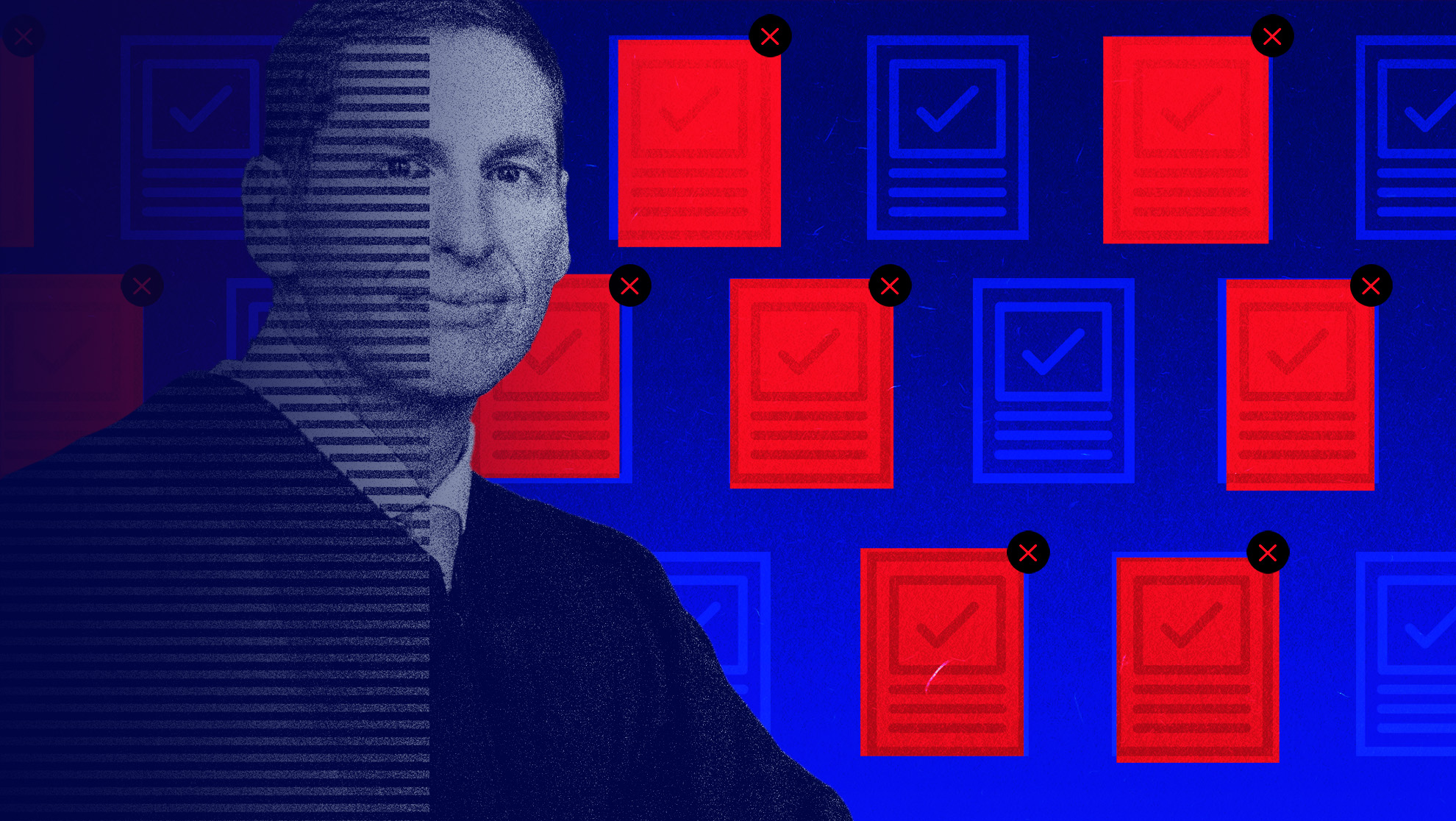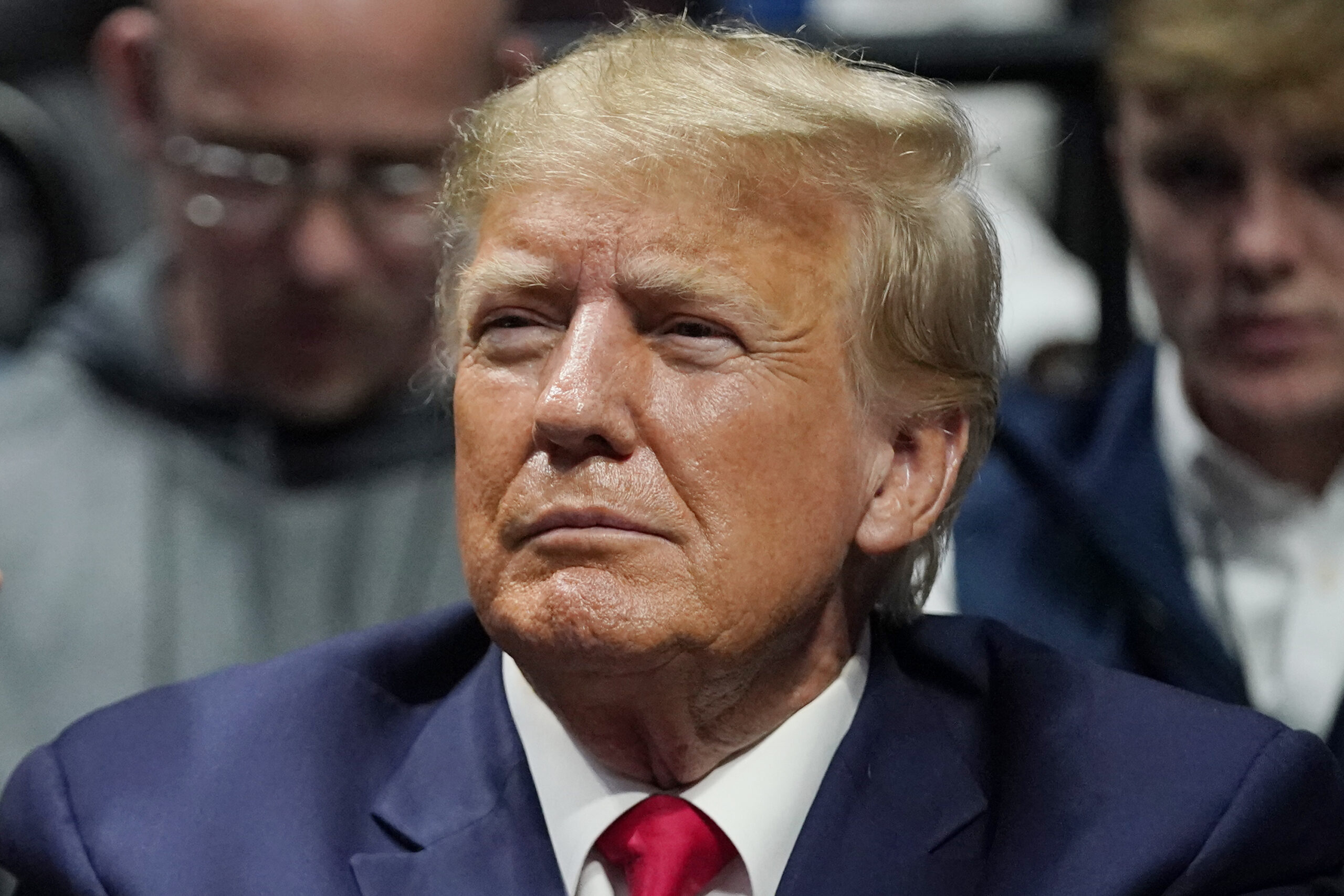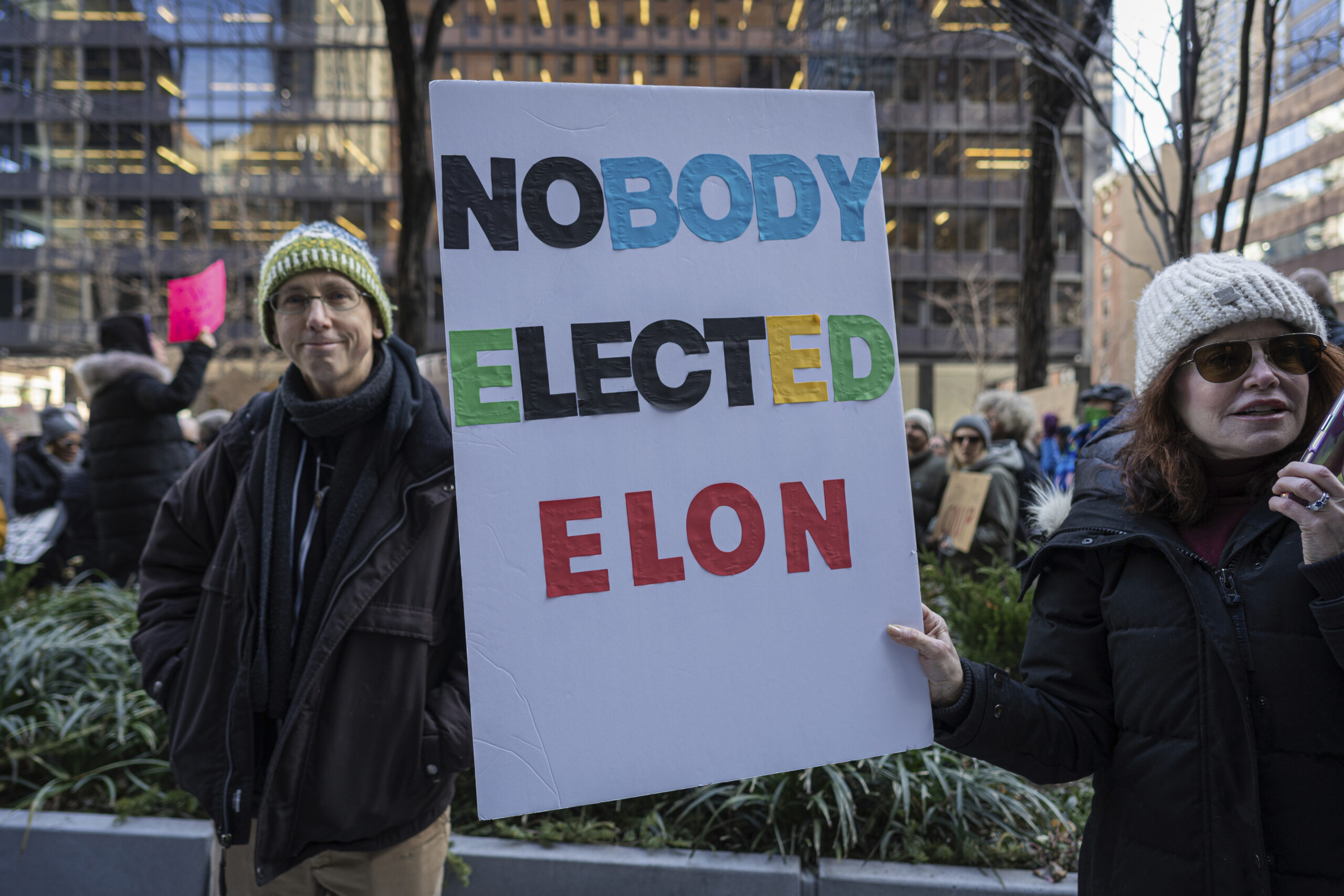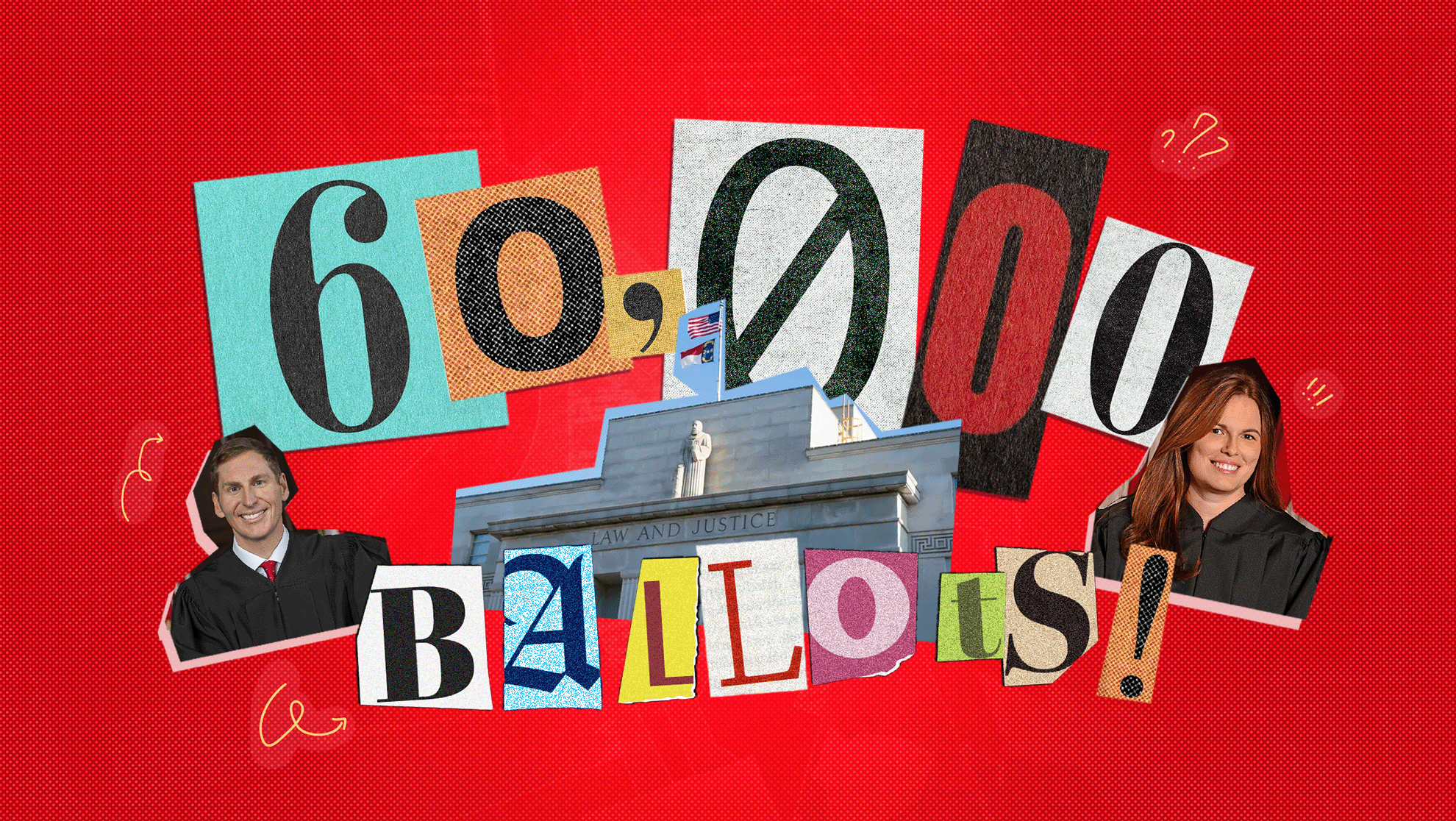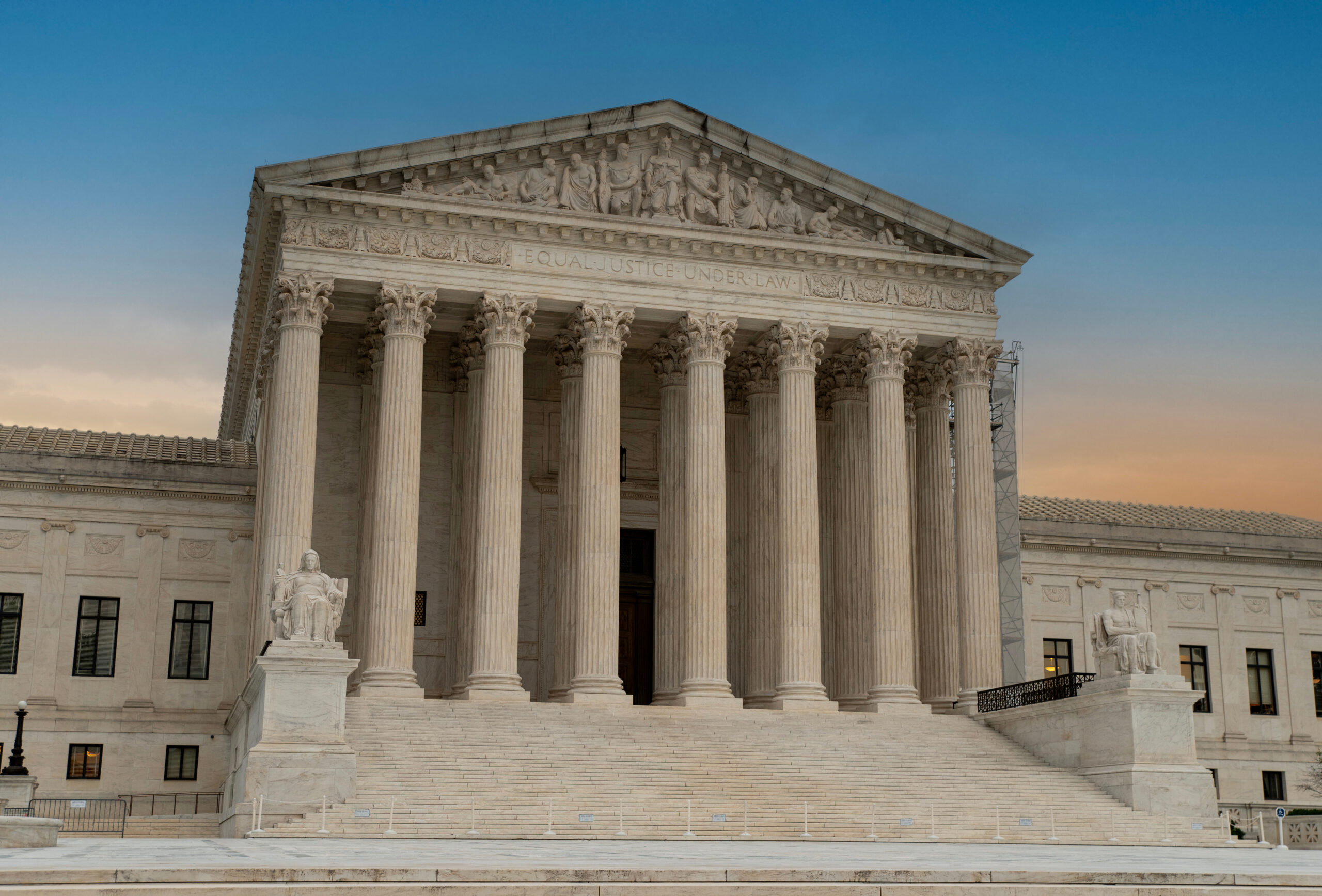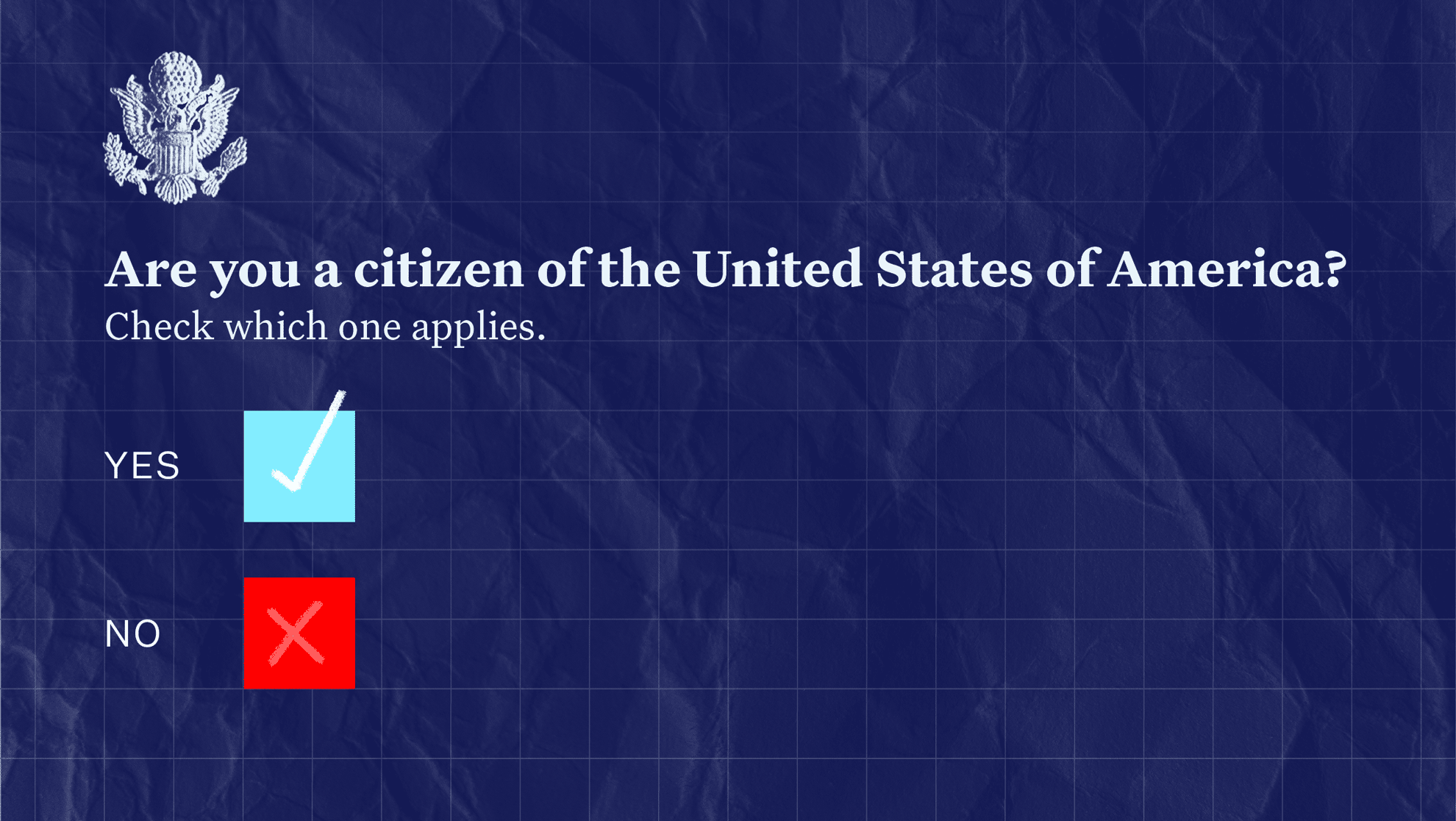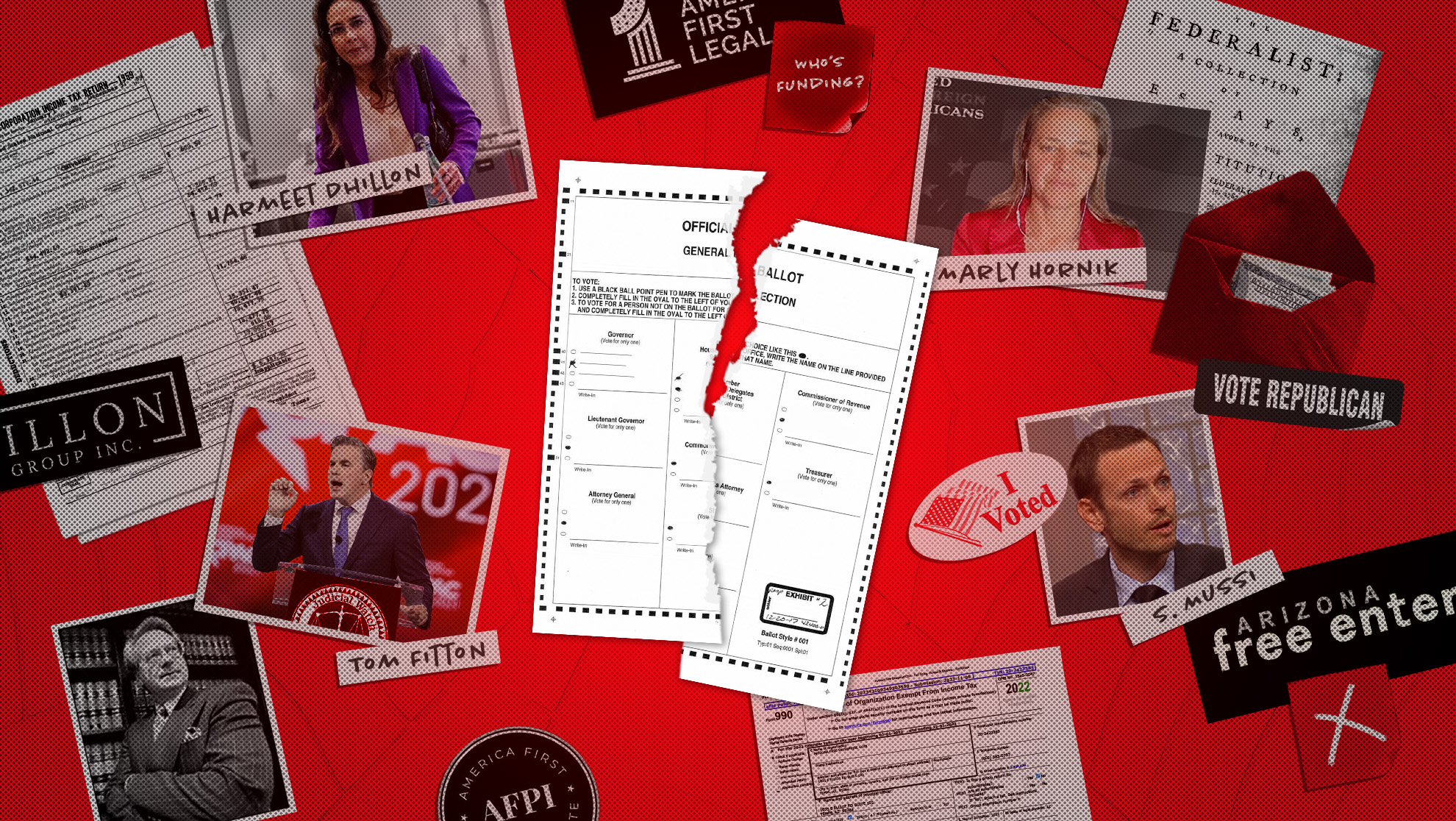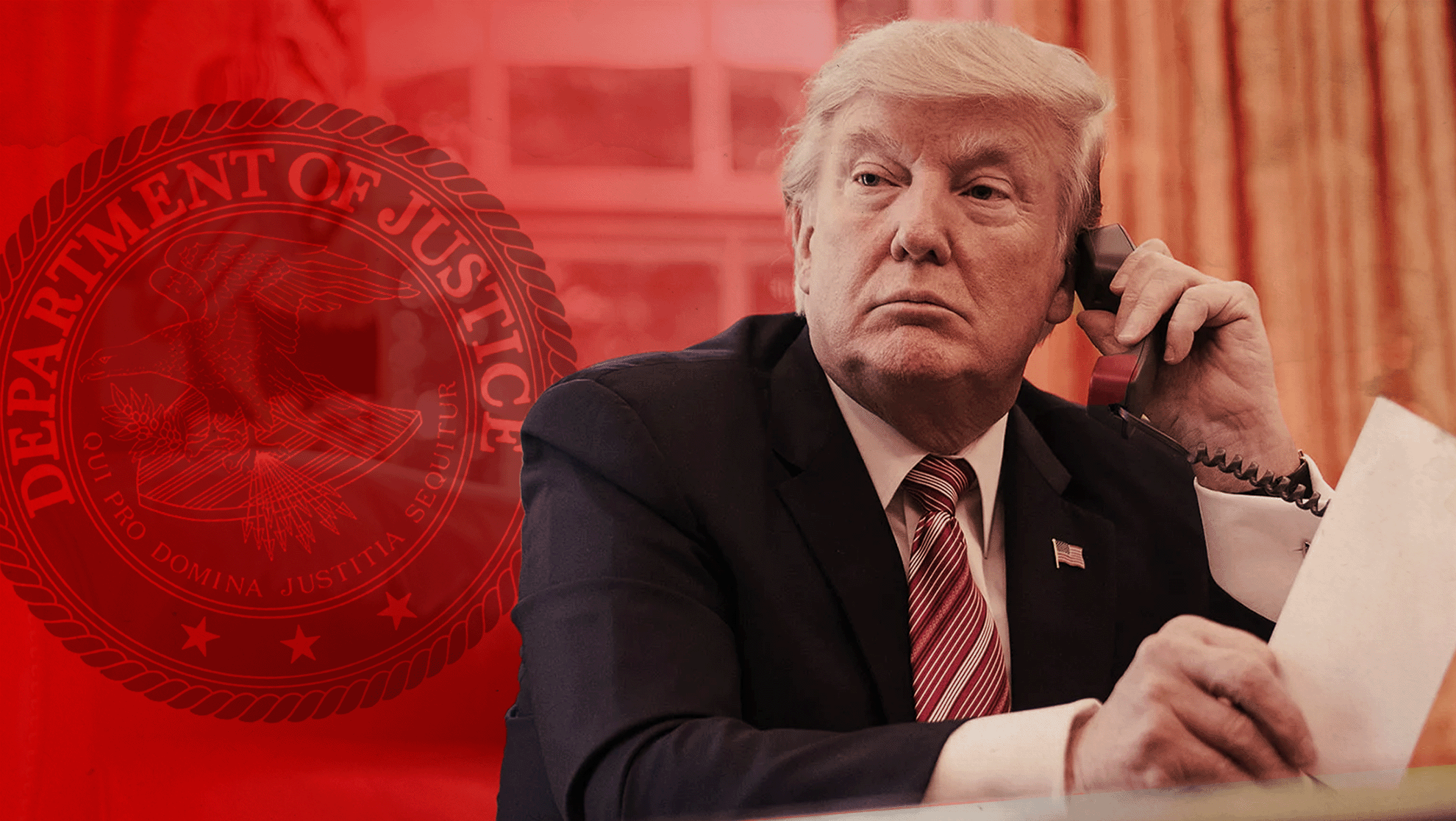A Stress Test for Democracy: Will the North Carolina Supreme Court Allow a GOP Candidate To Steal a Seat on the Bench?
As a GOP candidate is seeking to overturn his election loss, the future of the North Carolina Supreme Court’s composition — and free and fair elections more broadly — hangs in the balance.
